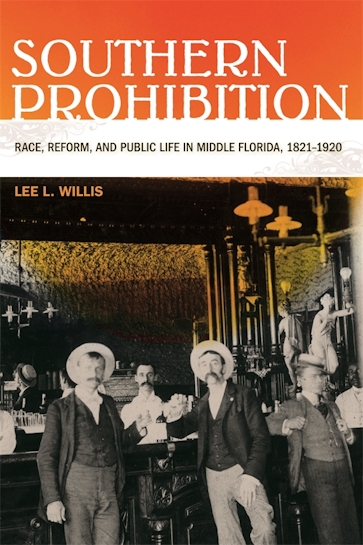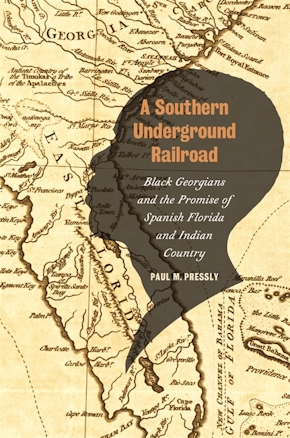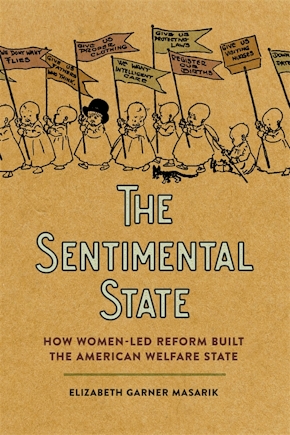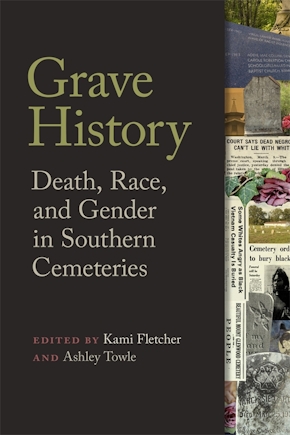Southern Prohibition
Race, Reform, and Public Life in Middle Florida, 1821-1920
Title Details
Pages: 224
Illustrations: 19 b&w photos
Trim size: 6.000in x 9.000in
Formats
Paperback
Pub Date: 10/01/2011
ISBN: 9-780-8203-4141-5
List Price: $25.95
Hardcover
Pub Date: 10/01/2011
ISBN: 9-780-8203-2927-7
List Price: $120.95
Related Subjects
Southern Prohibition
Race, Reform, and Public Life in Middle Florida, 1821-1920
Skip to
- Description
- Reviews
- Awards
Southern Prohibition examines political culture and reform through the evolving temperance and prohibition movements in Middle Florida. Scholars have long held that liquor reform was largely a northern and mid-Atlantic phenomenon before the Civil War. Lee L. Willis takes a close look at the Florida plantation belt to reveal that the campaign against alcohol had a dramatic impact on public life in this portion of the South as early as the 1840s.
Race, class, and gender mores shaped and were shaped by the temperance movement. White racial fears inspired prohibition for slaves and free blacks. Stringent licensing shut down grog shops that were the haunts of common and poor whites, which accelerated gentrification and stratified public drinking along class lines. Restricting blacks’ access to alcohol was a theme that ran through temperance and prohibition campaigns in Florida, but more affluent African Americans also supported prohibition, indicating that the issue was not driven solely by white desires for social control. Women in the plantation belt played a marginal role in comparison to other locales and were denied greater political influence as a result.
Beyond alcohol, Willis also takes a broader look at psychoactive substances to show the veritable pharmacopeia available to Floridians in the nineteenth century. Unlike the campaign against alcohol, however, the tightening regulations on narcotics and cocaine in the early twentieth century elicited little public discussion or concern—a quiet beginning to the state’s war on drugs
A sophisticated and nuanced examination of an important yet understudied region of the country. Willis tells an interesting story that will contribute substantially to the growing literature on prohibition's relationship to religion, gender, and reform in southern history.
—James M. Denham, professor of history and director of the Lawton M. Chiles Jr. Center for Florida History at Florida Southern College
Using highly unusual sources as well as very clever detective work, Lee Willis has explored the history of alcohol in Middle Florida from early white settlement in the 1820s to Prohibition in 1917. Shrewdly conceived and skillfully executed, this informative and entertaining book is finely tuned local history at its best.
—W. J. Rorabaugh, author of The Alcoholic Republic: An American Tradition
Willis broadens historical understandings of prohibition in the American South. His interpretation of African American reformers is original and will influence how scholars interpret the prohibition movement.
—Bruce E. Stewart, Journal of American History
Willis successfully examines the transformation in public life in nineteenth-century north Florida using alcohol consumption and temperance as a window for that analysis. His study additionally contributes information to other scholars interested in the intersection of public space and the public sphere.
—Robert Cassanello, American Historical Review
[Willis’s] research is impressive, mining not only a wide array of official and private documents but also the findings of archaeological excavations to reconstruct local drinking culture. . . . Willis substantially adds to our growing understanding of alcohol and reform in the South.
—Douglas Carlson, Journal of Southern History
Southern Prohibition certainly does much to educate us about the course of prohibition reform in Middle Florida and, by extension, throughout the state and the South. Students and teachers of southern history, Florida history, and southern religion will greatly appreciate this book and be indebted to Willis for his contribution.
—Joe L. Coker, Midwest Book Review
Winner
Harry T. and Harriette V. Moore Award, Florida Historical Society



